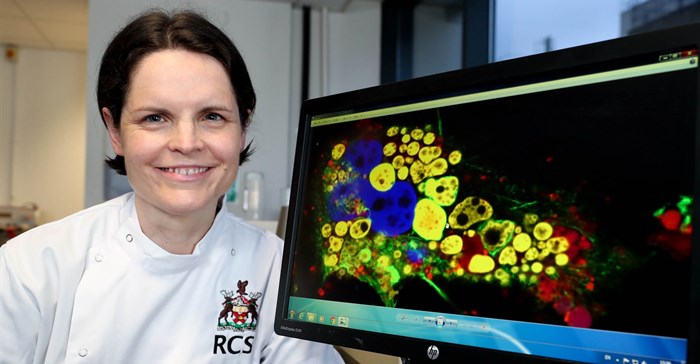
Top stories






More news


Marketing & Media
Ads are coming to AI. Does that really have to be such a bad thing?














The pathogen that causes tuberculosis spreads by people breathing infected droplets into their lungs, where the disease can remain dormant or spread further. The research makes use of a derivative of Vitamin A called all trans retinoic acid, atRA, which previous studies have shown is an effective treatment for tuberculosis.
Many cases of TB are now becoming resistant to existing antibiotics. This new treatment could be used alongside antibiotics to treat drug-resistant TB and also possibly reduce the rate of antibiotic resistance resulting from conventional antibiotic treatments.
Using a spray-drying process, the researchers packaged atRA within safe-for-consumption particles that are small enough to use in an inhaler. These particles efficiently delivered the treatment and significantly reduced tuberculosis-causing bacteria and associated lung damage, which supports their potential for clinical testing.
The work, led by Dr Gemma O’Connor and Professor Sally-Ann Cryan at the Royal College of Surgeons in Ireland (RCSI), was carried out in collaboration with research teams in St James Hospital, Trinity College Dublin and Imperial College London. Professor Joseph Keane and Dr Mary O’Sullivan led the team at St James Hospital and Trinity College Dublin with Dr Brian Robertson and Dr Nitya Krishnan leading the team at Imperial College London.
Tuberculosis is one of the top 10 causes of death worldwide. The World Health Organisation (WHO) data show that 10-million people fell ill with TB and 1.6 million died from the disease in 2017. WHO estimates that there were 558,000 new cases with resistance to the most effective first-line antibiotic. Of those resistant to the drug, 82% were resistant to multiple antibiotics.
There is only one vaccine for tuberculosis, developed in 1921. It is unreliable in preventing the most common form of TB, and is not suitable in all patient groups. The vaccine works best against specific forms of TB and is usually given to infants in at-risk populations.
Multidrug-resistant TB (MDR-TB) is seen as both a public health crisis and a health security threat. Ending the TB epidemic by 2030 is listed among the health targets of the United Nations Sustainable Development Goals.
“Unfortunately, tuberculosis remains a significant problem for world health. We urgently need innovative treatments like this one if we are to achieve the UN 2030 health targets,” said Keane, professor at Trinity College Dublin School of Medicine and Consultant Respiratory Physician in St James’s Hospital.